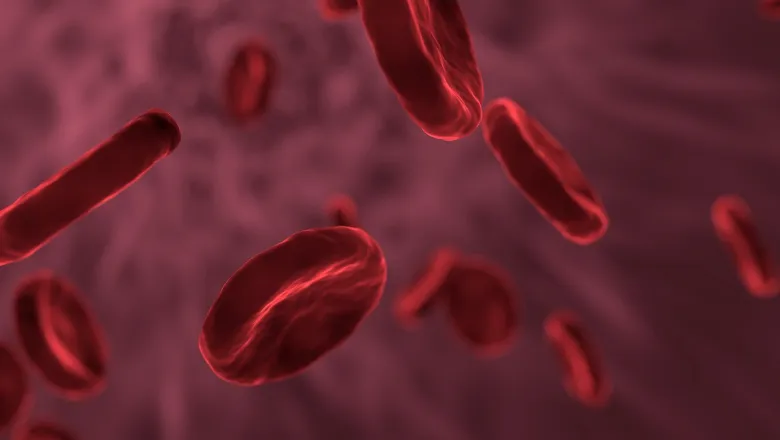Although Hepatitis C is currently a curable infection thanks to recent discovery of direct acting antiviral treatments, with an achieve cure in 95% of patients, it is still one of the leading diagnosis for liver transplant due to HCV-related liver cancer. The early infection diagnosis and precise diagnosis of its subtypes is critical for its successful cure. The discovery of the virus and its structure enabled to prevent a high number of people to get infected via blood products and allowed early diagnosis and cure.
Dr Ivana Carey, Clinical Lecturer in Viral Hepatitis, School of Immunology and Microbial Sciences
05 October 2020
Nobel Prize for Medicine awarded to King's alumnus
The Nobel Prize for Medicine has been awarded to King’s alumnus Michael Houghton for his contribution to the discovery of the Hepatitis C virus.

The prestigious accolade is also jointly awarded to Harvey J. Alter and Charles M. Rice for their contributions.
Michael Houghton, currently a Professor in Virology at the University of Alberta, Canada, received his PhD degree in 1977 from King’s.
Hepatitis C is a common cause of liver cancer and cirrhosis and causes more than a million deaths per year world-wide.
Before the discovery of the virus, there was concern that people receiving donated blood were getting chronic hepatitis from a mysterious disease.
Studies of blood transfusion-associated hepatitis by Harvey J. Alter in 1972 discovered that an unknown virus was a common cause of chronic hepatitis.
Then, Michael Hougton isolated the genetic sequence of the virus in 1989 while working for the pharmaceutical firm Chiron. This showed it was a type of flavivirus and was named Hepatitis C.
Charles M. Rice provided the final piece of the evidence that showed that the Hepatitis C virus alone could cause hepatitis.
The discoveries led to new medicines and blood tests to detect the presence of the virus. These have essentially eliminated post-transfusion hepatitis in many parts of the world and the development of antiviral drugs means the disease could be cured.
Michael Houghton joins the list of twelve other people who have worked or studied at King’s and have been awarded the Nobel Prize.
